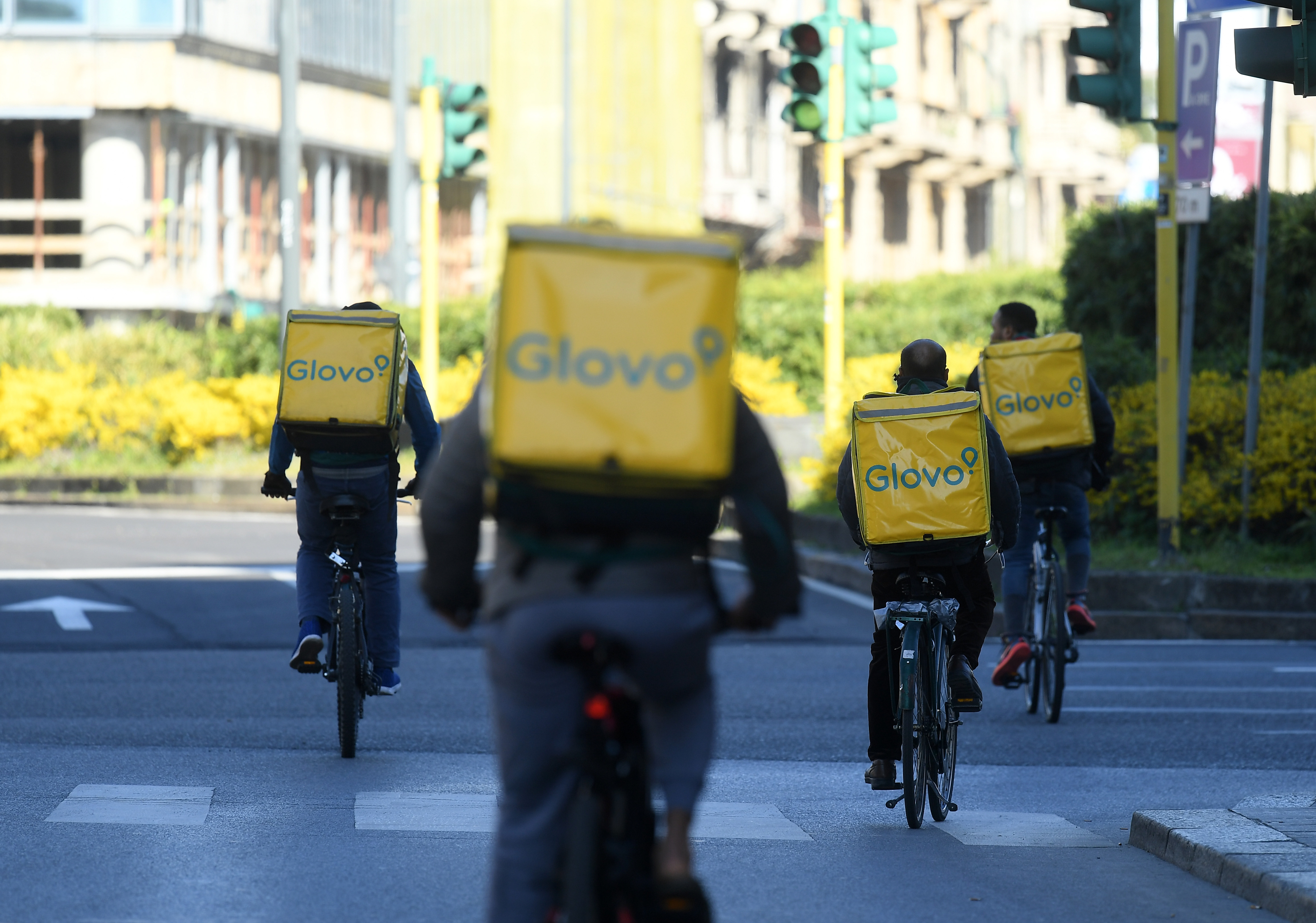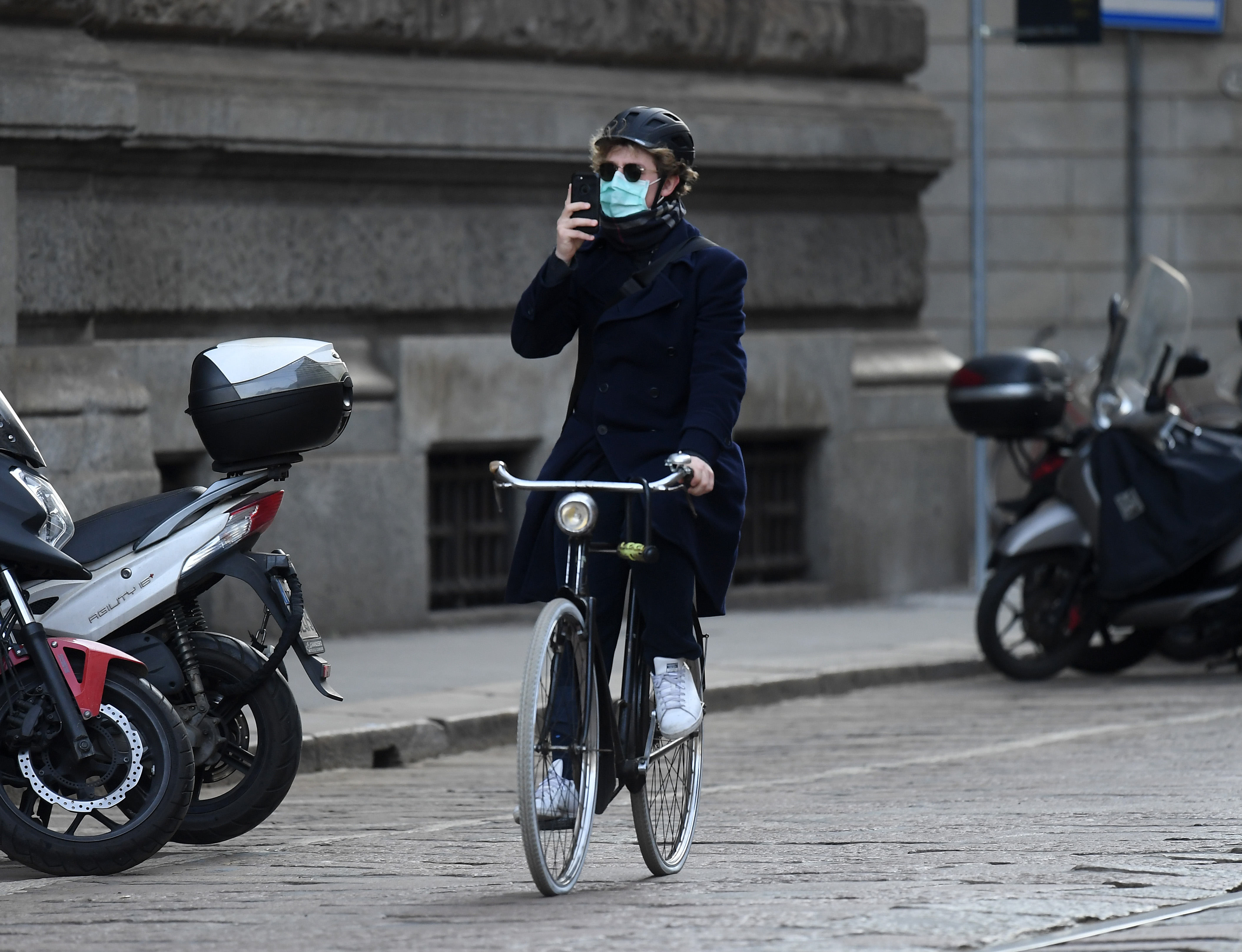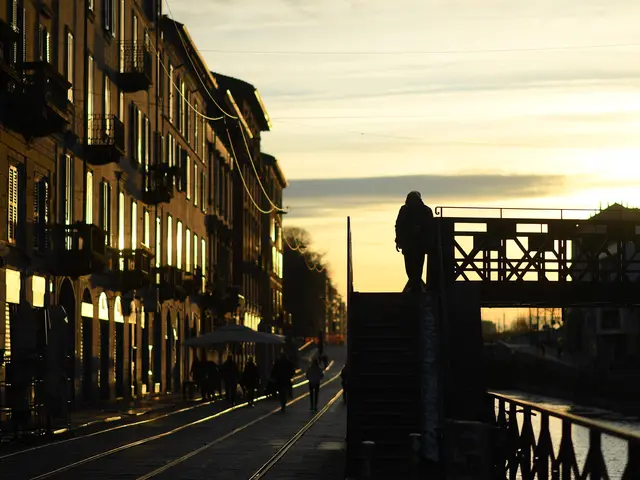Editor's note: The decree of the Italian government putting the country under lockdown went into effect on Tuesday, in a bid to prevent the ongoing coronavirus epidemic from spreading.
Below is a first-person account from Eric J. Lyman, a journalist resident in Rome, telling a recent story from quarantine to lockdown.
by Eric J. Lyman
I have been reporting the news for most of my adult life, but when a doctor I was interviewing convinced me to get tested for coronavirus, I suddenly felt like I was a protagonist in the biggest news event in my adopted home country.
Earlier this month I traveled up to Milan to report on the situation there. At the time, there were a little more than 2,000 active cases of coronavirus in Italy; the overwhelming majority of them were in the country's economically developed northern regions. Milan itself hadn't been hit hard yet, but around a dozen nearby small cities and towns had been sealed off from the rest of the country, nobody was allowed to enter or exit without permission and people inside were told to stay at home.
This was my second visit to Milan so far this year and the contrast between the two trips could not have been more stark. Despite the cold during a brief trip in January, the city was its typical self: vibrant, stylish, daring. The weather was warmer in March, but the city was already being pummeled by coronavirus fears. Tourists were nowhere to be found. The streets were nearly deserted and many businesses were closed. Everyone I talked to is devastated by the situation.

Food-delivers work in Milan, Italy, on March 11, 2020. (Photo by Daniele Mascolo/Xinhua)
Two days after my return, March 6, I woke up with a slightly sore throat. I took my temperature, which was only around half a degree Celsius higher than normal. But I wrote the symptoms off to the torrid work schedule I was keeping since coronavirus first appeared in Italy in late January. With only 54 of Italy's nearly 4,000 cases of coronavirus in Lazio, the region that included Rome, the problems in Milan seemed very distant. I vowed to get more sleep and worked as usual.
The following day was noteworthy because Nicola Zingaretti, president of Lazio and head of one of the country's two main political parties, announced he was quarantined at home after testing positive for the virus despite feeling no symptoms. That afternoon, I conducted an interview with a top Italian virologist and asked if he thought Zingaretti was being overly cautious. The answer was a resounding no. After that, I mentioned that my sore throat had developed into a mild cough, and my temperature remained a little high. The virologist convinced me to get tested.
I found out the test for coronavirus is easy. A swab inside the mouth. A quick check of body temperature and blood pressure. I was out the door in 10 minutes. But the doctor who tested me told me to stay at home for two or three days until the results could be known.
I already work from home, so there wasn't a big change for me in terms of logistics. But psychologically, I felt trapped. I found myself jealously staring out the window at those passing by outside.
In the early hours of the following morning, Sunday, Italian Prime Minister Giuseppe Conte announced a lockdown that would include much of northern Italy, including Milan. That day, the number of active cases in the country surpassed 6,000 for the first time and the number vaulted to nearly 8,000 the following day. That is when Conte announced the lockdown would be extended to cover all of the more than 60 million people in Italy. Businesses had to close by 6 p.m. Movement between cities was limited.

A man wearing a face mask rides a bicycle in Milan, Italy, on March 10, 2020. (Xinhua)
The next morning, I got a text message to call the hospital. I called immediately, and the nurse who answered started shuffling papers. "Letto, Livorno, Lupo, Luzzi. Here you are, Lyman. Do you want me to open it up?" I told her I did. "You're OK," she said after a moment. "You just have a cold."
I had been melancholy but tranquil up until then, but a wave of relief washed over me when the nurse told me the good news. My eyes even started to tear up a little.
Family and friends had been checking on me ever since I took the coronavirus test, and I quickly called and messaged everyone to say I would be fine. I went outside to enjoy the freedom to stretch my legs and feel the sun on my face.
But my newfound liberty did not last long. Later, Conte, the prime minister, announced an even stricter lockdown: all non-essential businesses were shuttered, police could start checking documents anyone outside. The number of infections in the country surpassed 10,000 for the first time. The streets of Rome were suddenly more deserted than those I saw in Milan a week earlier. But at least I had my health.
 简体中文
简体中文

